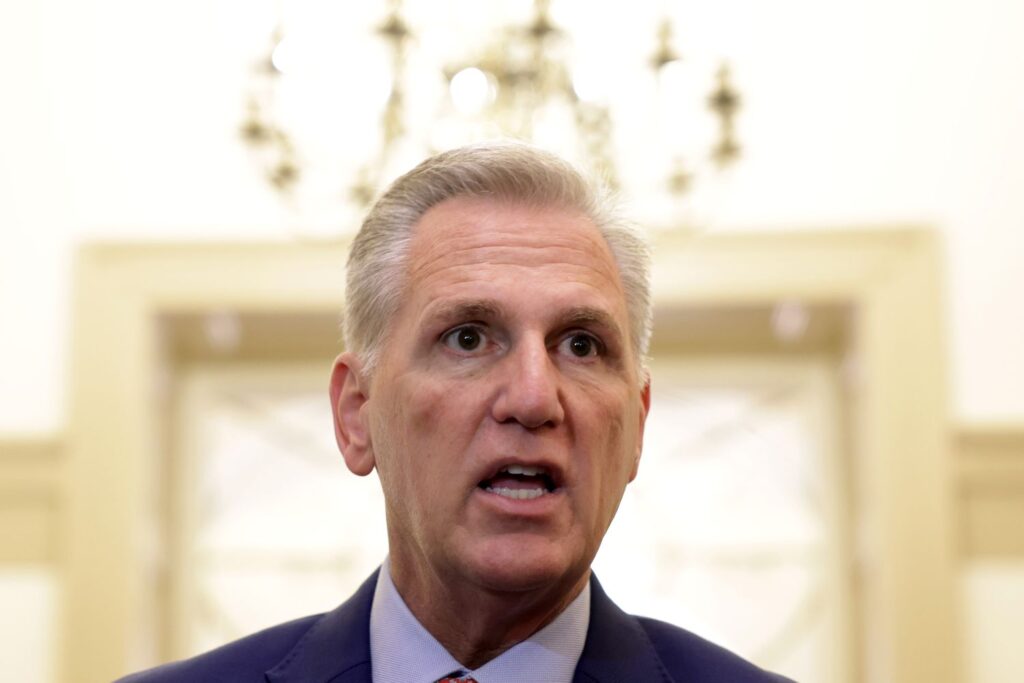Key Takeaways
- The U.S. House and Senate approved a stopgap funding bill to avert a government shutdown.
- The deal grants another 45 days to negotiate spending plans, keeping the government running until November 17, 2023.
- Disaster spending has increased, but further assistance to Ukraine is was dropped as part of the deal.
The Senate and the U.S. House of Representatives passed a funding bill on Saturday evening, avoiding a shutdown. The bill now goes to President Joe Biden to be signed.
The bill will fund government operations through November 17, leaving the door open for future negotiations. It includes natural disaster relief, but there is no additional funding for Ukraine to continue fighting Russia. There is also no additional funding for border security, but it does have funds to keep the Federal Aviation Administration operational.
The House bill received strong Democratic support after Republican Speaker Kevin McCarthy reversed his stance on seeking bipartisan support.
Lawmakers have been working over the weekend to avoid the federal government’s fourth partial shutdown in a decade, which was set to come into force at 12:01 a.m Sunday. The Democratic-majority Senate passed the bill. The House voted 335-91 to continue funding the government for 45 days and received more support from Democrats than Republicans, at 209 to 106.
This week, a government shutdown looked inevitable, with hardline Republicans threatening to furlough 4 million employees due to their demands for tightened immigration and lower spending levels. The latest spending standoff comes only a few months after the Senate agreed to raise the U.S. debt ceiling limit. That Kevin McCarthy-Biden deal staved off a default with a $1.59 trillion cut in discretionary spending for fiscal 2024.
House Republicans were seeking a further $120 billion in cuts. Republican lawmakers were also seeking a partisan vote for any spending bill and have turned on Speaker McCarthy with Florida Republican Matt Gaetz saying his role was “On tenuous ground.” His future will remain uncertain until Monday when the House is gaveled back into session.
The deal allows another 45 days for lawmakers to negotiate final spending plans. Federal disaster relief funds expanded by $16 billion to $25 billion. And a proposed further $6.2 billion in funding for Ukraine has been dropped.
